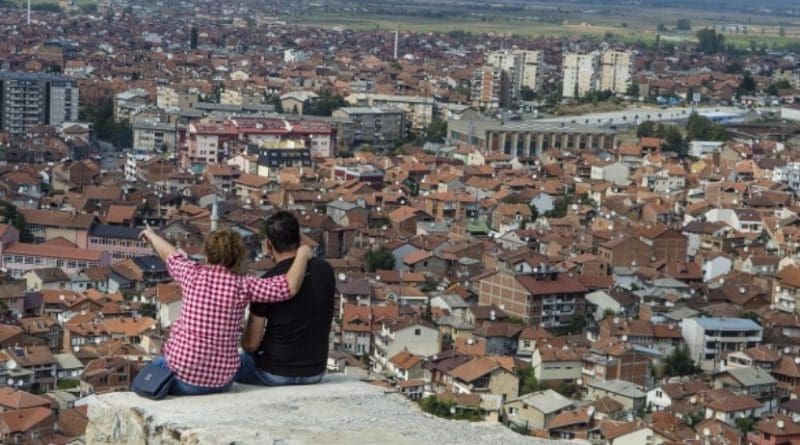New Elections ‘Risk Damaging Kosovo’s Economy’
By Die Morina
If Kosovo fails to form a government and has to hold another snap election, it risks damaging its economic outlook by stalling progress and spending unnecessary funds on new polls, experts warned.
Two months after Kosovo held snap elections following the fall of the previous government, the country is facing a political deadlock and the prospect of fresh pre-term polls, which could seriously affect the economy, experts warned.
“The impacts are enormous and extremely damaging,” economic expert Ibrahim Rexhepi told BIRN.
“Too many decisions and projects of economic and social importance will slow down: the budget review, the blocking of some budget funding resources (International Monetary Fund, Privatisation Agency of Kosovo), the blocking of the continuation of economic reforms (the fiscal package), a delay to the solution for the future of Trepca [mine complex], the construction of the new power plant, and other tourism projects,” Rexhepi explained in an email.
The Kosovo Assembly has failed four times so far to appoint a parliamentary speaker, a process that would open the way to establishing the new government.
Once the speaker is appointed, the constitution gives the president the right to give a mandate to two prime ministerial candidates. If neither gets enough votes to form a government, new elections must take place.
The current political deadlock is bad for the image of the country in the international arena, especially to potential investors, Rexhepi said.
“We are proving that Kosovo is in a state of political instability with politicians who are inadequate for building functional institutions,” he explained.
A crisis situation also has “the possibility of increasing social tensions”, he warned.
As well as the impact of the political deadlock on the economic outlook, new elections would take millions more euros out of the state budget.
Around five million euros were set aside to cover the cost of the last snap elections on June 11, although a report on the spending is still being prepared.
Another election would be the third this year as a municipal elections are set for October 22 – polls which will cost even more than general elections.
“For the municipal elections set for October 22, 6.1 million euros are planned [to be spent] in the 2017 Budget Law,” Valmir Elezi, spokesperson for Kosovo’s Central Election Commission, told BIRN.
“The cost of the municipal elections also depends on how many municipalities will have a second round [run-off] of the mayoral election,” Elezi added.

